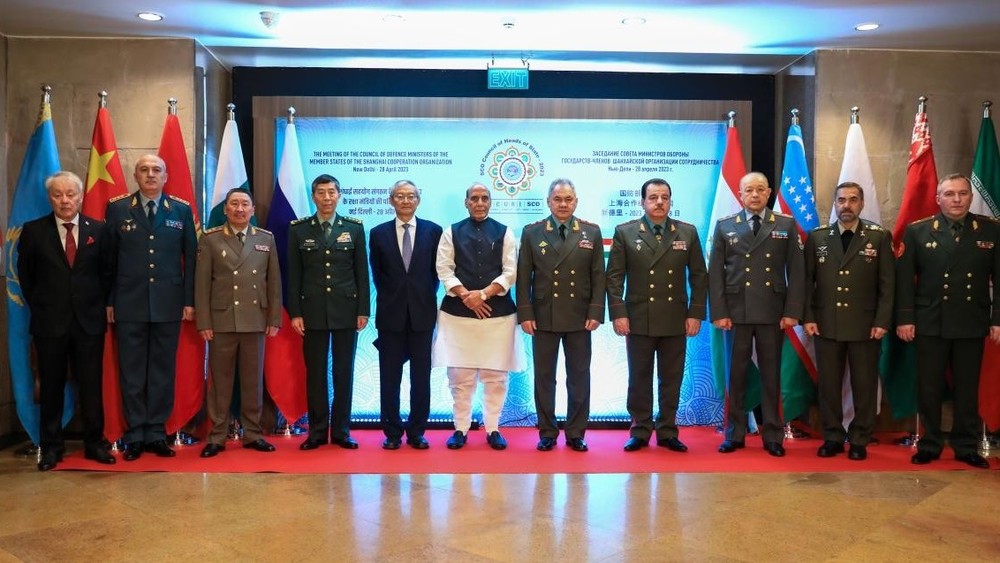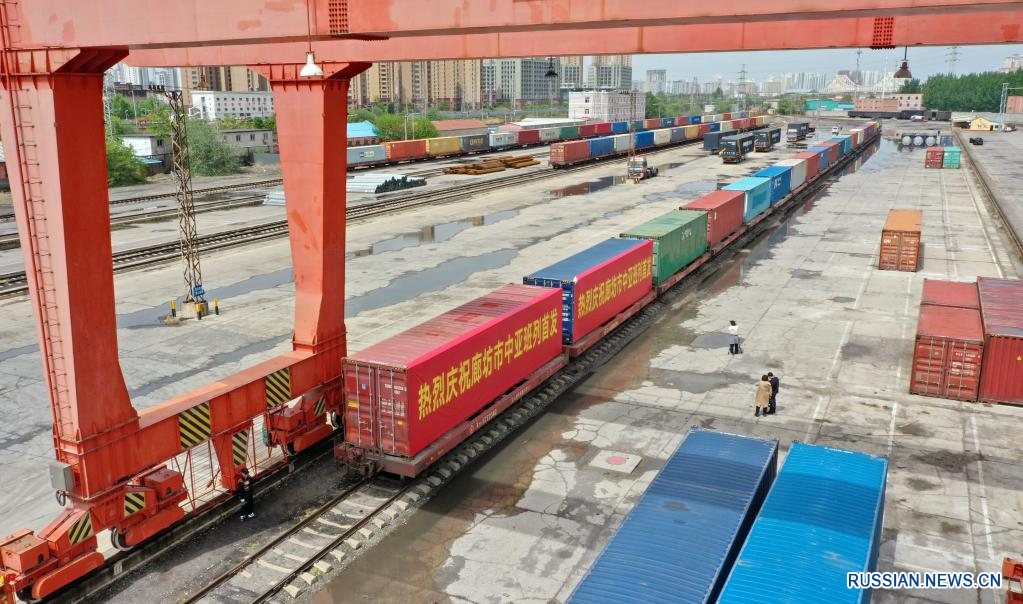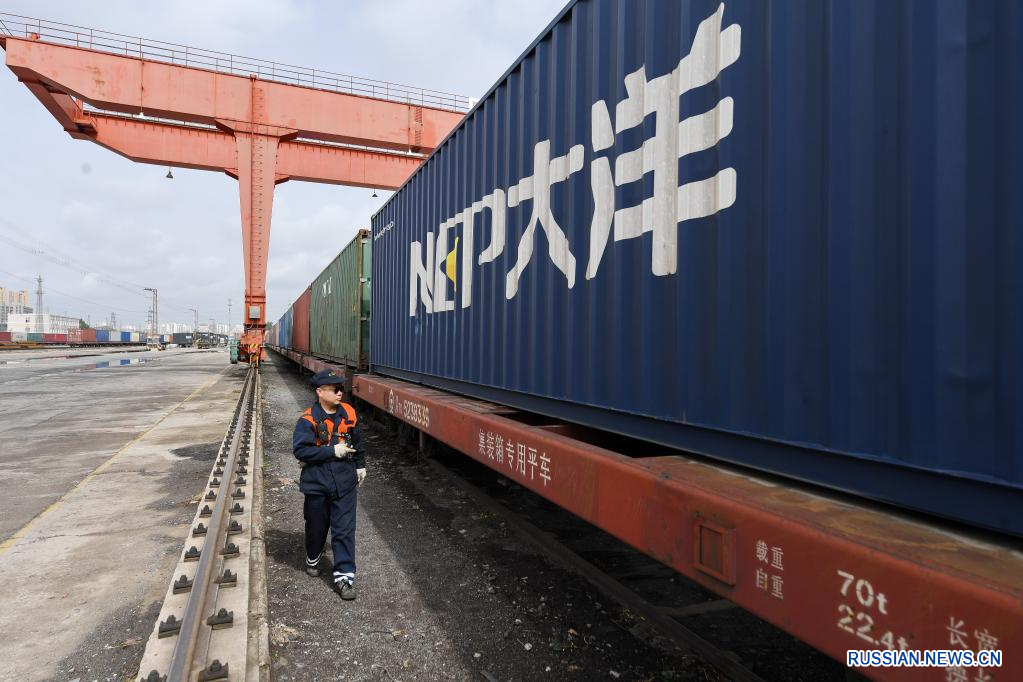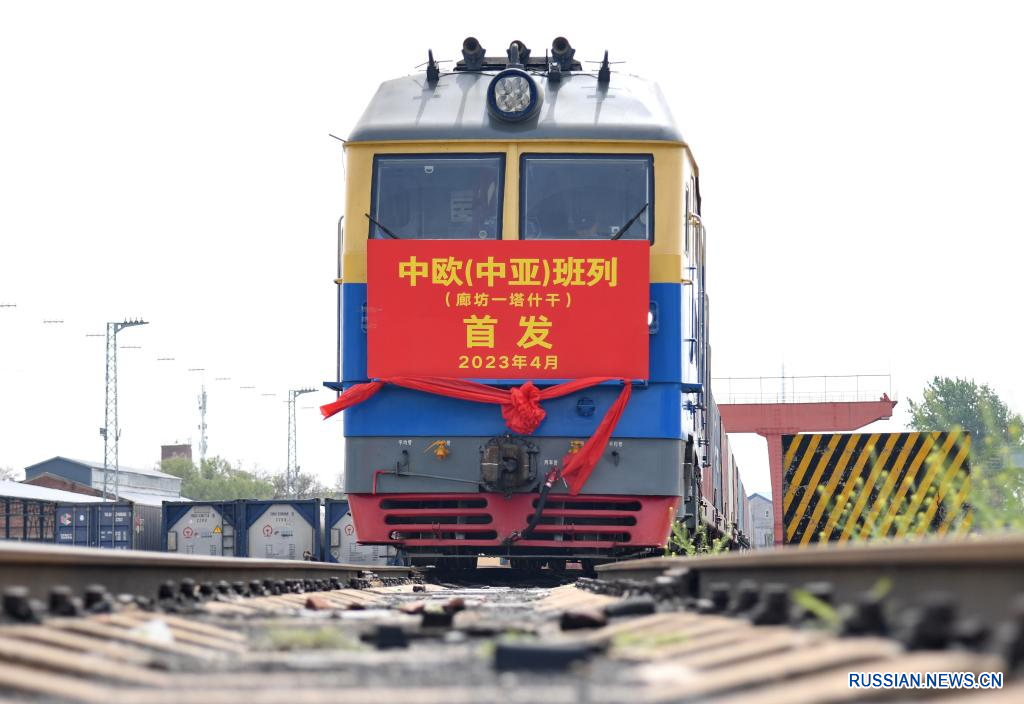
In light of the rapidly deteriorating humanitarian crisis in Sudan, Secretary-General António Guterres is sending UN Humanitarian Affairs chief Martin Griffiths to the region immediately, the global body announced on Sunday.
“The scale and speed of what is unfolding is unprecedented in Sudan. We are extremely concerned by the immediate as well as long-term impact on all people in Sudan, and the broader region,” UN Spokesperson Stéphane Dujarric said in a statement.
The UN again urged the warring sides to protect civilians and civilian infrastructure, allow safe passage for civilians fleeing hostilities, and respect humanitarian workers and assets.
Nearing the 'breaking point'
The humanitarian situation in Sudan “is reaching breaking point,” Mr. Griffiths warned in a separate statement, underscoring the need to stop the fighting.
Essential goods are becoming scarce, especially in the capital, Khartoum, and families are struggling to access water, food, fuel and other critical supplies.
Furthermore, vulnerable people are unable to leave areas worst-hit areas as transportation costs have risen exponentially, while those injured in the violence find it difficult to access urgent healthcare.
Aid stocks dwindling
“The United Nations and our partners are doing our best to reboot the humanitarian response in the country," he said.
"Massive looting of the offices and warehouses of humanitarian organizations has depleted most of our supplies. We are exploring urgent ways to bring in and distribute additional supplies.”
The UN “relief chief” said a shipment with five containers of intravenous fluids and other emergency supplies is currently docked in the city of Port Sudan, located on the Red Sea coast, awaiting clearance by the authorities.

Appeal for renewed ceasefire
The announcement of his deployment came just hours after the UN and international partners appealed for Generals Abdel Fattah al-Burhan and Mohamed Hamdan Daglo, known as “Hemedti”, to agree to extend a 72-hour ceasefire for another three days, amid reports of ongoing airstrikes in Khartoum.
The Trilateral Mechanism – which brings together the African Union, East African bloc IGAD and the UN – also called on the rivals to ensure their forces fully implement the truce.
“As the people of Sudan urgently need a humanitarian pause, the Trilateral Mechanism urges the parties to the conflict to respect the ceasefire, to protect civilians and to refrain from attacks on civilian populated areas, schools, and healthcare facilities,” they said in a statement.
“This ceasefire would also pave the way for talks between both sides towards the establishment of a permanent cessation of hostilities,” they added.
Death and displacement
Sudan has been undergoing a turbulent transition to civilian rule in the wake of the April 2019 overthrow of President Omar al-Bashir. A power-sharing government that brought together military and civilian leaders was also toppled in a coup in October 2021.
The Trilateral Mechanism has been facilitating talks since May 2022 which resulted in an agreement towards restoring civilian rule, signed that December.
However, hopes shattered two weeks ago when fighting erupted between the regular Sudanese army, led by General al-Burhan, and paramilitary forces under General Dagalo, known as the RSF.
Hundreds of people have been killed, and thousands have been fleeing, including to neighbouring Chad, where some 20,000 Sudanese have found refuge. Others are sheltering in the Central African Republic, Egypt, Ethiopia, Libya and South Sudan, often among already vulnerable communities.
The fighting has also forced the UN to essentially halt all aid operations in a country where nearly 16 million people, roughly one third of the population, already were in need.
Commitment to stay
The UN relocated and evacuated staff from Khartoum and other locations over the past week, who will continue to work remotely, whether from inside Sudan or in other countries.
The UN and partners are establishing a core team in Port Sudan, which will be responsible for overseeing aid operations and negotiating humanitarian access with de facto authorities.
Humanitarians now based in the coastal city, capital of Red Sea state, are determined to quickly return to Khartoum, as the UN continues to uphold its commitment to Sudan.
Earlier on Sunday, Volker Perthes, head of the UN Mission supporting the transition, UNITAMS, was briefed by the Wali (Governor) and other officials in Red Sea State on the humanitarian and security situation there.
"He assured them that the UN is not leaving Sudan and that he will work from Port Sudan until the security situation in Khartoum allows our return," UNITAMS said in a tweet.














